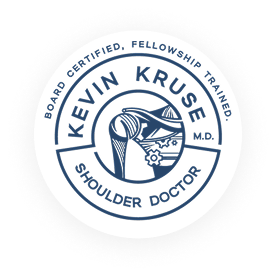When non-surgical treatments fail to alleviate shoulder pain, surgery may be considered. This article explores various surgical techniques, including arthroscopy, rotator cuff repair, and shoulder replacement, which address shoulder injuries and degenerative conditions.
What is Shoulder Surgery?
Shoulder surgery encompasses several procedures designed to repair the structures of the shoulder, potentially restoring function and reducing pain. The type of surgery performed depends on the specific condition and severity of the patient’s situation.
Arthroscopy: A Minimally Invasive Shoulder Surgery Approach
Arthroscopy involves a tiny camera, an arthroscope, inserted into the shoulder joint, offering surgeons a clear view of the area. This technique allows for detailed repairs with minimal incisions, resulting in less pain and quicker recovery times compared to open surgery.
Benefits of Arthroscopy:
- Less Tissue Damage: Small incisions reduce tissue trauma.
- Faster Recovery: Patients typically resume normal activities more quickly.
- Reduced Pain Post-Operation: Minimally invasive techniques lead to less discomfort during recovery.
Rotator Cuff Repair: Rebuilding Strength
Rotator cuff repair is essential for patients suffering from torn tendons in the shoulder. This procedure can be performed arthroscopically or through traditional open surgery, depending on the tear’s extent.
Recovery and Outcomes of Shoulder Surgery:
- Physical Therapy: Essential for regaining strength and mobility.
- Success Rates: High, with many patients returning to pre-injury levels of activity.
Shoulder Replacement
For severe shoulder arthritis or massive irreparable rotator cuff tears, shoulder replacement surgery may be the best option. This procedure involves replacing the damaged parts of the shoulder with artificial components.
Types of Shoulder Replacements:
- Total Shoulder Replacement: Replaces both the ball and the socket with prosthetics.
- Partial Shoulder Replacement: Only the ball is replaced.
- Reverse Shoulder Replacement: For cases where the rotator cuff is completely damaged.
Post-Surgical Care
Post-surgery recovery is crucial for optimal outcomes. This typically involves:
- Rest: Ensuring the shoulder remains undisturbed immediately after surgery.
- Rehabilitation: Engaging in prescribed physical therapy.
- Regular Check-ups: Monitoring progress with a healthcare provider.
Frequently Asked Questions (FAQs)
Q: How long does recovery from shoulder surgery take?
Recovery can vary widely but generally lasts from a few months to a year, depending on the surgery type and the patient’s health.
Q: Is the surgery painful?
Pain is managed with medications post-surgery, and minimally invasive techniques have reduced pain levels significantly.
Q: What are the risks of the surgery?
Like all surgeries, there are risks of infection, complications from anesthesia, and potential for incomplete relief of symptoms.
Q: Can shoulder surgery restore complete function?
Many patients regain substantial function, but outcomes can vary based on the individual’s condition and adherence to rehabilitation.
Q: Are there age limits for shoulder surgery?
No absolute age restrictions exist, but overall health and co-existing medical conditions are considered in decision-making.
Conclusion
Surgical interventions for shoulder disorders can provide significant relief and are a viable option when conservative measures are inadequate. Understanding the types of surgeries and what each entails can help patients make informed decisions about their health care.
Additional Reading for Shoulder Surgery
- American Academy of Orthopaedic Surgeons (AAOS) – Provides comprehensive resources on shoulder surgery options.
- Mayo Clinic – Offers detailed patient guides on post-surgery recovery and expectations.
These surgeries offer hope and functionality to those suffering from debilitating shoulder conditions, marking a pivotal step towards recovery and enhanced quality of life.

